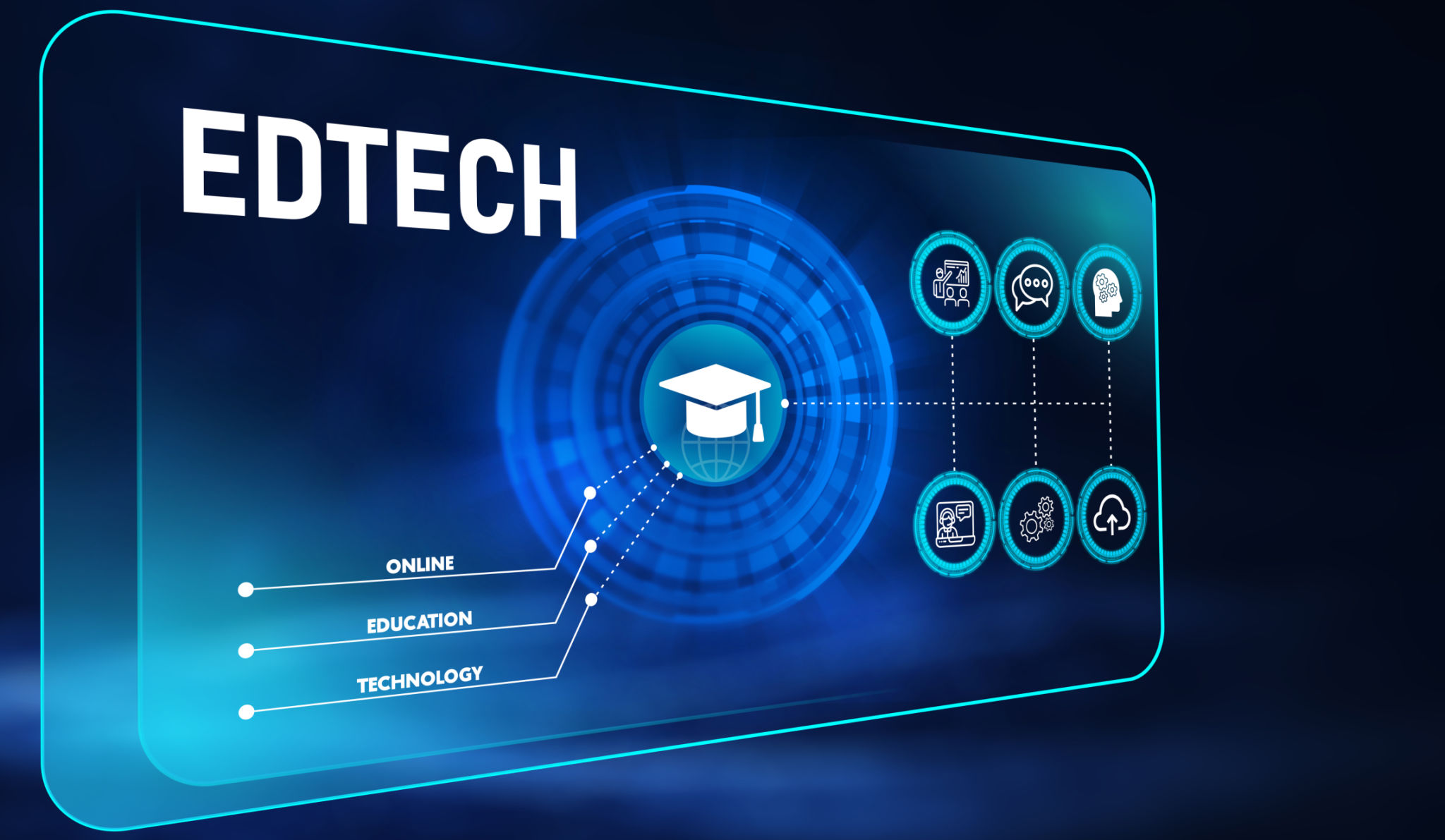10 Common Misconceptions About Educational Psychology
Understanding Educational Psychology
Educational psychology is a fascinating field that bridges the gap between psychology and education, focusing on how people learn and the best practices to enhance learning. However, there are many misconceptions about this discipline that can lead to misunderstandings about its purpose and application.

Misconception 1: Educational Psychology Is Just Common Sense
One of the most prevalent misconceptions is that educational psychology is merely common sense. While it may seem intuitive, educational psychology is grounded in rigorous scientific research. It involves studying a variety of learning theories, cognitive processes, and developmental stages to create effective teaching strategies.
Misconception 2: It Is Only About Children
Another common misconception is that educational psychology only applies to children. In reality, educational psychologists study learners of all ages. This includes understanding how adults learn in different environments and tailoring educational methods to suit diverse age groups.

Misconception 3: Educational Psychologists Are Just Teachers
While educational psychologists often work alongside teachers, their role is distinct. They are trained to conduct research, analyze data, and develop evidence-based strategies to improve educational outcomes. Their work extends beyond the classroom to include curriculum development, policy making, and more.
Misconception 4: It's Only Useful for Problem Students
Some believe that educational psychology is only beneficial for addressing learning difficulties or behavioral issues. However, educational psychologists help enhance learning for all students by creating inclusive education systems that cater to diverse needs, abilities, and learning styles.

The Broader Impact of Educational Psychology
Beyond individual learning, educational psychology impacts broader educational practices. It informs the design of assessments, the development of teaching materials, and the construction of educational technologies.
Misconception 5: It Doesn't Consider Emotional Aspects
Another misconception is that educational psychology only focuses on cognitive processes, ignoring emotional and social elements. In truth, emotional intelligence and social interactions are key components of the learning process that educational psychologists study and incorporate into their practices.
Misconception 6: It Is Static and Unchanging
Some assume that the principles of educational psychology are fixed. However, this field is dynamic and continually evolving with new research findings. Educational psychologists constantly adapt to changes in technology, society, and educational paradigms.

Misconception 7: It Only Focuses on Academic Performance
The assumption that educational psychology solely aims to improve academic performance is misleading. This field also emphasizes well-being, motivation, self-regulation, and lifelong learning skills that contribute to overall success beyond academics.
By debunking these common misconceptions, we gain a clearer understanding of the vital role educational psychology plays in shaping effective learning environments. Whether through enhancing teaching methodologies or supporting learners' emotional needs, its impact is far-reaching and essential for educational progress.